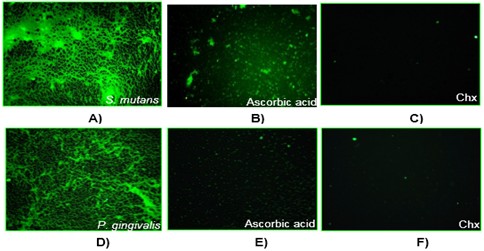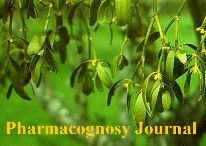Volume 2, Issue 4
Ascorbic Acid On Oral Microbial Growth and Biofilm Formation
Author: NSánchez-Najera Rosa Isela 1, Nakagoshi-Cepeda Sergio 1, Martínez-Sanmiguel Juan José 1, Hernandez-Delgadillo Rene 1 and Cabral-Romero Claudio 1*
1. Facultad de Odontología, Universidad Autónoma de Nuevo León, UANL, Monterrey, Nuevo León, México.
2. Facultad de Ciencias Biológicas, Universidad Autónoma de Nuevo León, UANL, Monterrey, Nuevo León, México.
Abstract: Multiresistance between pathogen microorganisms is one of main problems in modern medicine worldwide. The infectious diseases caused by forming biofilm microbes are the most difficult to eradicate in humans. In oral cavity, the first stage to develop dental caries or periodontal disease is to get an oral biofilm that is called “dental plaque”. Ascorbic acid is anantioxidant agent synthesized by plants and most animals, been employed as adjuvant in the treatment of cancer. However, there are not reports about antimicrobial activity of ascorbate against bacteria. Within our results, ascorbate showed an important bactericidal activity since 20 mg/ml as final concentration against Streptococcus mutans, Staphylococcus aureus, Porphyromonas gingivalis, Candida albicans and Enterococcus faecalis. The MIC estimated for ascorbate was 10 mg/ml against oral bacteria and fungus. At 20 mg/ml, ascorbate was capable to inhibit the oral biofilm formation added at the inoculation time. As conclusion, ascorbate is a natural therapeutic alternative for prevent oral diseases.
Download Full Article: Click Here
Related Graphics:

Support Us
If you are interested in supporting our work and would like to contribute, you are welcome to mail me at jpbr.anil@gmail.com or at info@thepharmajournal.com it will be a great help and will surely be appreciated.

